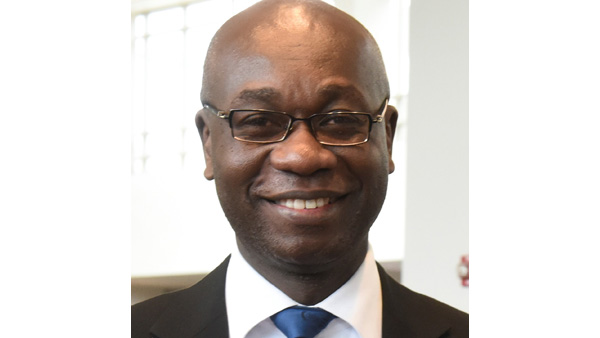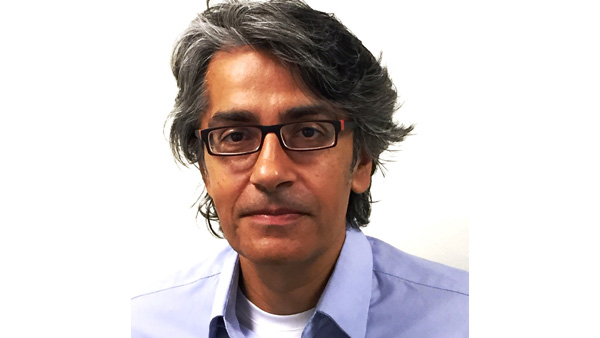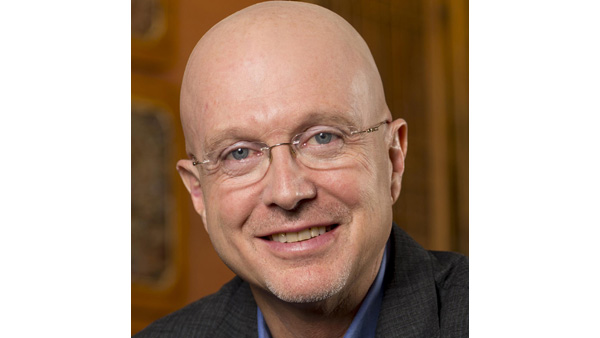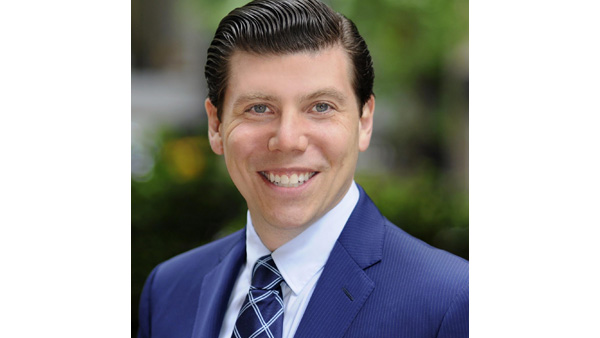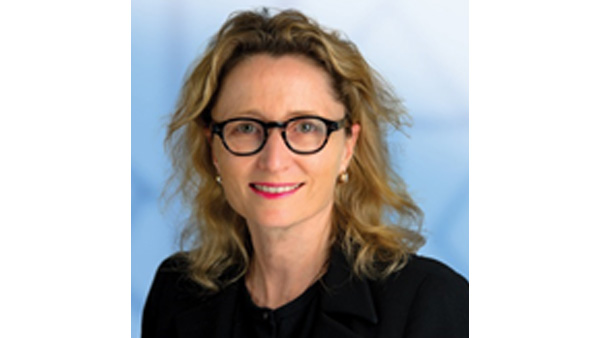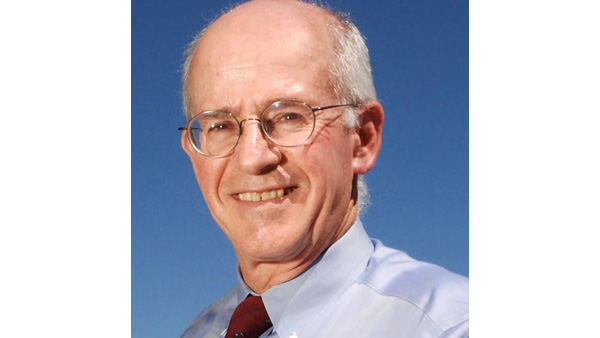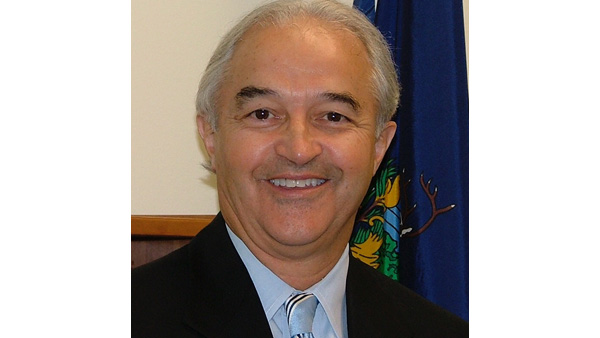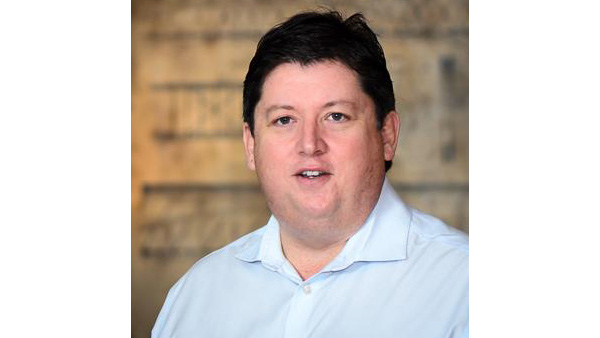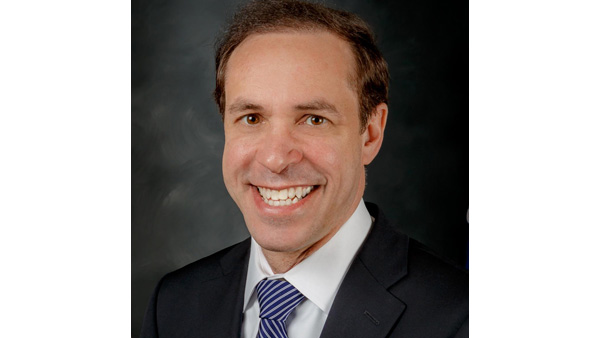Members of the Advisory Board
Richard M.K. Adanu, MBChB, FWACS, MPH
Professor, University of Ghana School of Public Health
Dr. Adanu is a specialist obstetrician-gynecologist who graduated from the University of Ghana Medical School and completed his postgraduate training in obstetrics and gynecology at the Korle Bu Teaching Hospital in Accra, Ghana. He later earned an MPH from the Johns Hopkins Bloomberg School of Public Health as a Gates scholar and was admitted to the Delta Omega Honorary Society in Public Health.
Dr. Adanu served as Dean of the University of Ghana School of Public Health from August 2012 to July 2018. He is a Professor of Women’s Reproductive Health and a Consultant Obstetrician Gynecologist with the University of Ghana and the University Hospital.
In February 2021 Dr. Adanu was appointed Rector for the Ghana College of Physicians and Surgeons. He has extensive experience in maternal mortality and morbidity reduction, contraceptive use by women, and cervical cancer screening. He lectures in public health and population studies and has developed interactive, web-based educational material in obstetrics and gynecology that is used by medical students and practitioners all over the world.
In addition to clinical practice and public health education, Dr. Adanu served as Editor-in-Chief of the International Journal of Gynecology and Obstetrics from 2014 to 2020. He also led a consortium of 11 African universities to facilitate an educational mobility program funded by the European Union.
Mickey Chopra, MD, MSc, PhD
Lead Health Specialist, The World Bank
Dr. Chopra is the Global Solutions Lead for Service Delivery in the Health Nutrition and Population global practice of the World Bank. He leads its work in the organization and management of health services.
Previously Dr. Chopra was the Chief of Health and Associate Director of Programs at UNICEF’s New York headquarters, leading the agency’s work on maternal, newborn and child health, immunization and pediatric HIV/AIDS. During this time he guided UNICEF toward improving investments in global health, reducing health inequities and strengthening UNICEF’s place in the global health community.
Dr. Chopra has chaired the Evaluation and Research Group at the Global Fund for HIV/AIDS, TB and Malaria, ensuring that their investments are reaching those most in need. He chaired the Special Committee for Large Countries for GAVI, working to increase coverage of vaccines for Nigeria and India. He led the technical team that oversaw the UN Commission on Essential Medicines and Commodities, addressing the bottlenecks that prevent affordable and life-saving commodities from reaching the poorest families.
Dr. Chopra is qualified as a medical doctor with an additional degree in medical sociology from the University of Southampton, England; a Master's in Public Health from the London School of Hygiene and Tropical Medicine; and a PhD from the University of Uppsala in Sweden.
Steve Davis, JD, MA
Lecturer, Stanford Graduate School of Business
Mr. Davis is a global business leader working at the intersection of innovation, social impact, global health and development, and multi-sector partnerships. He is a lecturer in management at the Stanford Graduate School of Business Center for Social Innovation. He most recently served as Executive Strategy Advisor with the Bill & Melinda Gates Foundation and as a Distinguished Fellow at the World Economic Forum. He is a co-chair of the World Health Organization’s Digital Health Technical Advisory Group.
From 2012 to 2020 Mr. Davis was CEO of PATH (Program for Appropriate Technology in Health), a global enterprise that advances health equity through innovation and partnerships. As a leader and strategist for a wide range of private and nonprofit organizations, he formerly served as CEO of the global digital media firm Corbis; as director of social innovation for McKinsey & Company; and as interim CEO of the Infectious Disease Research Institute. Earlier, he practiced at the international law firm of K&L Gates, and began his career working extensively on refugee programs and policies.
The author of “Undercurrents: Channeling Outrage to Spark Practical Activism” (Wiley, 2020), Mr. Davis earned his BA from Princeton University, his MA in Chinese studies from the University of Washington, and his law degree from Columbia University. He also studied at Beijing University.
Brian Levine, MD
Founding Partner and Practice Director
Colorado Center for Reproductive Medicine
As the founding partner and practice director of CCRM New York, Dr. Levine is board-certified in both reproductive endocrinology and infertility and in obstetrics and gynecology. He attended New York University School of Medicine, completed his residency in obstetrics and gynecology at NewYork-Presbyterian/Columbia University Medical Center, and then completed a fellowship in reproductive endocrinology and infertility at NewYork-Presbyterian/Weill Cornell Medical Center.
Dr. Levine has over 50 publications and was awarded the highest prize by the American Society of Reproductive Medicine for his assisted reproductive technology (ART) video submission on three-dimensional sperm imaging techniques. He has received multiple honors and teaching awards and continues to mentor students, residents and fellows on both basic science and clinical research.
A former president of the NYU Alumni Association, Dr. Levine also served seven years on the NYU Board of Trustees. He is a member of the New York Surgical Society, the New York Medical Society, the New York Society of Reproductive Medicine, the American Association of Bioanalysts, the American Society for Reproductive Medicine, and the American Congress of Obstetricians and Gynecologists. He has been a Castle Connolly “Top Doctor” since 2019.
In addition to his clinical expertise and ongoing research, Dr. Levine has lectured nationwide on how physicians and laboratory personnel can adopt common technologies to improve clinical efficiency.
Robyn Norton
Founding Director and Co-Founder
The George Institute for Global Health
Professor Norton is Co-Founder and Founding Director of The George Institute for Global Health (www.georgeinstitute.org), which seeks to improve the health of millions of people worldwide by focusing on better treatments, better care and healthier societies. She is Professor of Global Health, Faculty of Medicine at the Imperial College of London and Professor of Public Health at the UNSW Sydney. She has also served as Professor of Global Health at the University of Oxford and as Honorary Professor at Peking University.
Professor Norton has published widely and is internationally regarded for her research on the causes, prevention and management of injuries, especially road traffic and fall-related injuries, as well as on the management of critical conditions in surgical and intensive care settings. She has had a long-standing commitment to improving women’s health and supporting The George Institute’s research and advocacy efforts, aimed at improving the health of women and girls worldwide.
Professor Norton was the lead author in 2016 on a University of Oxford-supported policy paper entitled “Women’s Health: A New Global Agenda.” It called for a greater focus on addressing the burden of non-communicable diseases in women, and the importance of a gendered approach to the collection and utilization of health data, whether in routinely-collected health statistics or in the creation of new scientific knowledge.
Steve Schroeder, MD
Distinguished Professor of Health and Health Care
UCSF Department of Medicine
Dr. Schroeder is Distinguished Professor of Health and Health Care at the University of California, San Francisco, where he directs the Smoking Cessation Leadership Center (SCLC). A graduate of Stanford University and Harvard Medical School, he trained in internal medicine at Harvard and in epidemiology at the Centers for Disease Control, holding faculty positions at Harvard and George Washington University.
From 1990 to 2002 Dr. Schroeder was President of the Robert Wood Johnson Foundation, initiating programs in tobacco control that resulted in $500 million in grant expenditures during his tenure. The SCLC, which he founded in 2003, works with professional societies, federal and state organizations, and advocacy groups to increase both the number of smokers who attempt to quit and the probability of a successful quit. It launched the “Ask, Advise, Refer (to a quitline)” alternative for busy clinicians, developed the blue card for 1-800-QUIT NOW (over 5 million in circulation), and helped to focus more attention on the lethal combination of smoking and behavioral health conditions.
A member of the National Academy of Medicine, Dr. Schroeder chaired the American Legacy Foundation Board of Directors (now Truth Initiative) and served on the editorial board of the New England Journal of Medicine. In 2014 he was named a public member of the federal Interagency Committee on Smoking and Health.
The Honorable William Sorrell, JD
Former Attorney General of Vermont
A graduate of the University of Notre Dame and Cornell Law School, William Sorrell is the longest-serving attorney general in the history of Vermont, having held the position from 1997 to 2017. He was re-elected nine times and held many positions within the National Association of Attorneys General (NAAG), including as its President in 2004-2005 and as Chair of the NAAG Mission Foundation Board from 2011-2017. In 2003, he received its Kelley-Wyman Award, given annually to the nation’s outstanding attorney general.
Mr. Sorrell also served six years on the Board of the American Legacy Foundation beginning in 2002, and from 2005 to 2008 as its Chair. In appreciation, the Foundation endowed the William H. Sorrell Lecture Series, funding an annual address on tobacco control issues at NAAG meetings. He was also recognized by the Coalition for a Tobacco Free Vermont as Tobacco Control Champion, and as Citizen of the Year by the Vermont Medical Society.
Earlier in his career Mr. Sorrell served as Chittenden County deputy state's attorney and state's attorney, before working in private practice. He was also Vermont's secretary of administration for five years. He has also been president of United Cerebral Palsy of Vermont, recognized for Humane Law Enforcement by the National Humane Society, and awarded an honorary Juris Doctor degree by Vermont Law School.
Alberto Trejos, PhD, MA
Dean, INCAE School of Business
Dr. Trejos is an economist and researcher in macroeconomics, international trade and development economics. He holds a PhD in Economics from the University of Pennsylvania, and has served on the faculty of Northwestern University and INCAE Business School, the latter as dean and director of its policy think-tank. He has also been a visiting scholar at the University of Michigan, the Institut d´Anàlisi Econòmica de Barcelona, and the Federal Reserve System. He has published both in academic technical journals and for practitioners, mostly on monetary economics, macroeconomics, international trade and development.
As a policy-maker in his native Costa Rica, Dr. Trejos served as Minister of Foreign Trade and led the negotiation of DR-CAFTA, a trade agreement with the U.S. For nearly a decade, he was President of the Costa Rican Investment Board, and was a member of the National Financial System Supervision Council. He contributed to the reform of the national pension system.
Dr. Trejos sits on the boards of the Arias Foundation for Peace and Democracy and on South Africa's Brenthurst Foundation, and on the boards of several Costa Rican corporations. He has been a consultant for governments, international organizations and companies in 50 nations across the Americas, Europe and Africa, and is a senior partner of the consulting firms CEFSA and DRP.
Howard Zucker, MD, JD, LLM
Deputy Director for Global Health Centers for Disease Control
Dr. Zucker is the Deputy Director for Global Health at the Centers for Disease Control and Prevention, where he is responsible for the planning and management of global strategy and programs across the CDC. From 2014-2021 he served as Commissioner of Health for New York State, where he oversaw the response to many public health crises including Ebola, legionella, Zika, Covid-19, a measles outbreak, AIDS, e-cigarette contamination and the opioid crisis.
Previously Dr. Zucker served as a White House fellow, as Deputy Assistant Secretary of Health at the U.S. Department of Health and Human Services, and as Assistant Director-General of the World Health Organization. He created and ran the nation’s Medical Reserve Corps and spearheaded programs in several other areas, including development of a children’s hospital in Iraq, maternal and child health in Afghanistan, and disease prevention with the Hungarian Minister of Health.
Dr. Zucker graduated from McGill University and holds a Doctor of Medicine degree from George Washington University School of Medicine, a Juris Doctor degree from Fordham University Law School, and a Master of Laws from Columbia Law School. He is board certified in six specialties and completed a post-graduate diploma in Global Health Policy at the London School of Hygiene and Tropical Medicine. He believes strongly in the role of research to cure disease.
